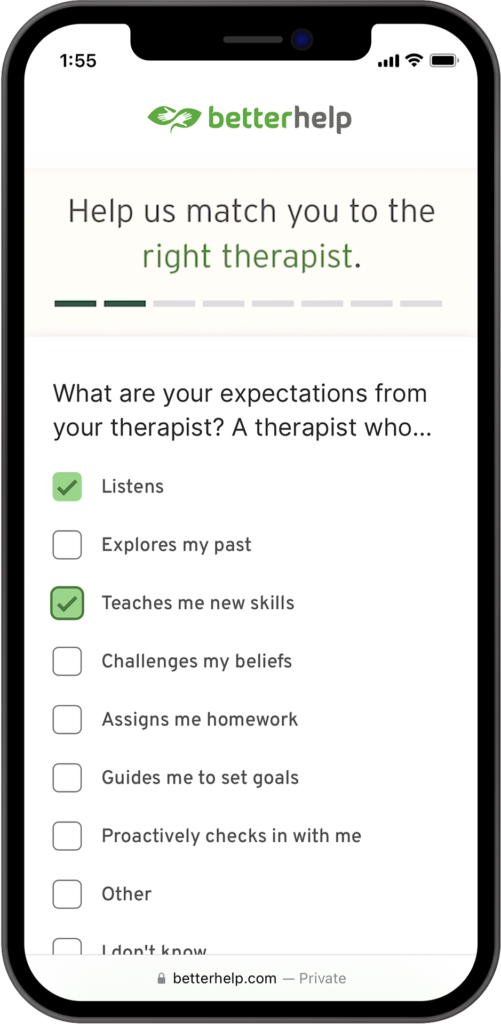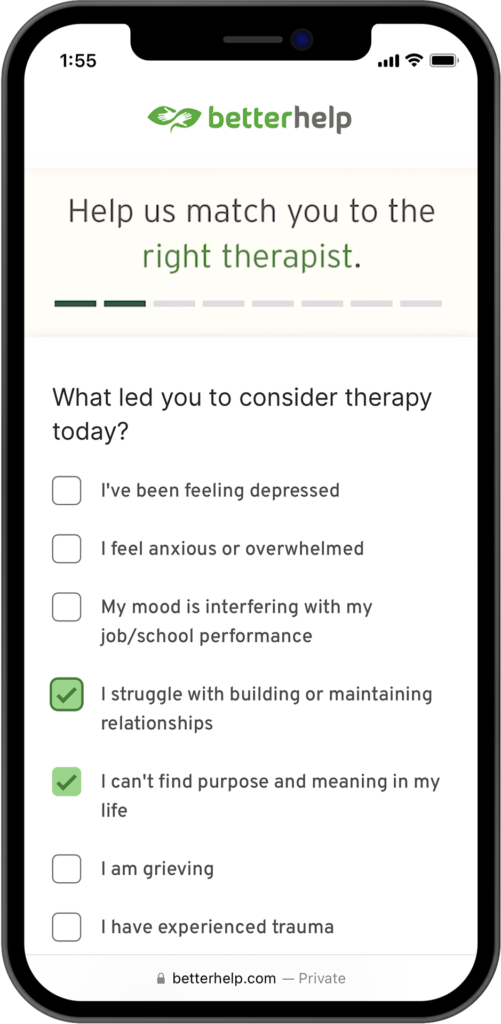Let’s explore this idea of mental illness Winnie the Pooh through the beloved childhood characters while finding comfort in their struggles.
Mental health through the Hundred Area Wood is full of symbolism and meaning. There are powerful lessons and takeaways from this childhood treasure so let’s take a deep dive.
Table of Contents
Finding Mental Health Wisdom in Childhood Stories
The beloved characters of A.A. Milne’s Hundred Acre Wood have enchanted generations of children and adults alike. But beyond the charming adventures there’s something deeper—surprisingly accurate portrayals of various mental health conditions that many of us face today. These characters, created long before modern psychological understanding, inadvertently became perfect metaphors for common mental health struggles.

So let’s explore how these iconic characters embody different mental health conditions, what they can teach us about understanding our own psychological challenges, and how finding ourselves reflected in these beloved characters can bring comfort and insight.
Winnie the Pooh: Attention Deficit Disorder and Binge Eating Disorder
The beloved Pooh bear demonstrates several characteristics consistent with Attention Deficit Disorder (ADD). Pooh’s scatter-brained nature, difficulty focusing on tasks, and tendency to become easily distracted are hallmark symptoms many with ADD will recognize.
“When you are a Bear of Very Little Brain, and you Think of Things, you find sometimes that a Thing which seemed very Thing-ish inside you is quite different when it gets out into the open and has other people looking at it.”
This quote beautifully illustrates Pooh’s struggles with organizing his thoughts—a common challenge for those with attention deficits.
Additionally, Pooh’s obsession with honey suggests a form of Binge Eating Disorder. His fixation on obtaining and consuming honey, even when he’s stuck in Rabbit’s door due to overeating, mirrors the compulsive relationship many have with food when struggling with eating disorders.
For more insights listen in to the Blossom Your Awesome Podcast on ADD, ADHD and more with Dr. Dara Abraham
Piglet: Generalized Anxiety Disorder
Tiny Piglet perfectly embodies Generalized Anxiety Disorder (GAD). His constant worrying, catastrophizing, and fear of everyday situations is all too familiar to anyone who has experienced anxiety:
“It’s hard to be brave when you’re only a Very Small Animal.”
Despite his constant state of worry, Piglet teaches us an important lesson about anxiety—even with his fears, he still participates in adventures and supports his friends. This reflects how a lot of people with anxiety learn to function despite their condition, showing tremendous courage in everyday situations others might take for granted.
Eeyore: Persistent Depressive Disorder
Perhaps the most obvious psychological portrayal is Eeyore’s consistent depressive state. His pessimism, low energy, feelings of worthlessness, and persistent gloom suggest Persistent Depressive Disorder (dysthymia):
“Thanks for noticing me.”
Eeyore’s gratitude for simple acknowledgment shows the profound loneliness and invisibility a lot of people with depression feel. Yet despite his gloomy outlook, Eeyore continues to participate in group activities and maintains friendships—showing how people with depression often quietly carry on despite their internal struggles.
Rabbit: Obsessive-Compulsive Disorder
Rabbit’s need for order, control, and adherence to rules suggests classic Obsessive-Compulsive Disorder (OCD). His garden must be perfect, his home meticulously organized, and activities must follow his precise planning:
“Organization is what distinguishes us from the animals…except, of course, for the organized animals.”
Rabbit shows us how OCD manifests not just in stereotypical cleaning behaviors, but in a fundamental need for control and predictability that can make adaptation difficult.
Owl: Narcissistic Personality Traits
Though portrayed lovingly, Owl displays classic narcissistic traits. His inflated sense of intelligence, need to be perceived as the wisest creature in the forest, and tendency to dominate conversations with lengthy stories about himself reflect narcissistic patterns:
“The customary procedure in such cases is as follows…”
Owl reminds us that narcissistic traits exist on a spectrum and don’t necessarily indicate full-blown Narcissistic Personality Disorder, but can still affect relationships and communication.
This powerful conversation from the Blossom Your Awesome Podcast sheds more light into dealing with a narcissist.
Tigger: Hyperactivity and Impulsivity
The bouncing tiger exemplifies ADHD’s hyperactive-impulsive presentation. His boundless energy, inability to sit still, interrupting others, and acting without considering consequences are classic symptoms:
“The wonderful thing about Tiggers is I’m the only one!”
Tigger’s unique energy brings joy to the Hundred Acre Wood, showing how traits associated with ADHD can also bring creativity, enthusiasm, and spontaneity.
Kanga: Overprotective Parenting Anxiety
As Roo’s mother, Kanga displays overprotective parenting stemming from anxiety. Her constant worry about Roo’s safety, insistence on remedies like cod liver oil, and reluctance to let him explore independently reflect parental anxiety that many caregivers experience.
Christopher Robin: The Healing Power of Imagination
Christopher Robin represents balanced mental health and emotional intelligence. He navigates between the real world and his imagination, using the latter as a healthy coping mechanism. His ability to solve problems, mediate conflicts between his friends, and find joy in simple pleasures demonstrates emotional resilience children and adults alike can aspire to.
What These Characters Teach Us About Mental Health
The beauty of the Hundred Acre Wood is that despite their different psychological challenges, these characters form a supportive community where each is accepted for who they are. No one tries to “fix” Eeyore’s depression or calm Tigger’s hyperactivity—they simply accommodate and value each other’s differences.
This acceptance offers a powerful lesson about mental health: our psychological differences don’t define us, but they do shape how we experience the world. Rather than hiding these parts of ourselves, the path to wellbeing might involve finding communities that accept us as we are, while developing strategies to manage our unique challenges.
Finding Support for Your Mental Health Journey – The Best Resource
If you recognize yourself in any of these beloved characters, know that you’re not alone. Mental health challenges are a common part of the human experience, affecting people from all walks of life.
Professional support can make a tremendous difference in learning to manage these conditions. Online therapy through services like BetterHelp offers convenient access to licensed therapists who can provide personalized strategies for managing anxiety, depression, ADHD, and other conditions.

Conclusion: The Wisdom of the Hundred Acre Wood
A.A. Milne may not have intentionally created characters to represent mental health conditions, but the enduring appeal of Winnie the Pooh and friends might partly stem from how authentically they mirror real human experiences. Their adventures remind us that our psychological challenges don’t prevent us from having meaningful relationships, embarking on adventures, or finding joy in everyday moments.
As Pooh wisely says:
“You’re braver than you believe, stronger than you seem, and smarter than you think.”
Looking for more support on your mental health journey? Explore our other articles:
- The 7 Greatest Mental Health Talks
- Best Mental Health Quotes
- The Therapy Breakthrough
- How Much Does BetterHelp Cost?
The Best Mental Health Resource



Need professional support? BetterHelp connects you with licensed therapists online, making mental health care accessible wherever you are.
If you’re interested in learning more about online therapy, I recommend checking out BetterHelp. They offer online therapy sessions with licensed therapists at an affordable price point.
As you know I’m a huge proponent of Mental Wellness and ensuring we all get the help we need when we need it. And of course, I don’t want you just to get any help I want you to get the right help so I am now sponsored by BetterHelp.
BetterHelp is the world’s largest therapy service, and it’s 100% online.
BetterHelp offers a network of over 25,000 licensed and experienced therapists who can help you with a wide range of issues.
Just click on the link below, answer a few questions and get matched with a therapist from the network.
One of the most amazing features of BetterHelp, if you don’t jive with your therapist you can switch to a new one that’s a better fit for you any time free of charge.
With BetterHelp, you get the same professionalism and quality you expect from in-office therapy, but with a therapist who is custom-picked for you, more scheduling flexibility, and at a more affordable price.
Comments +
Mental Illness Winnie the Pooh
Mental Health